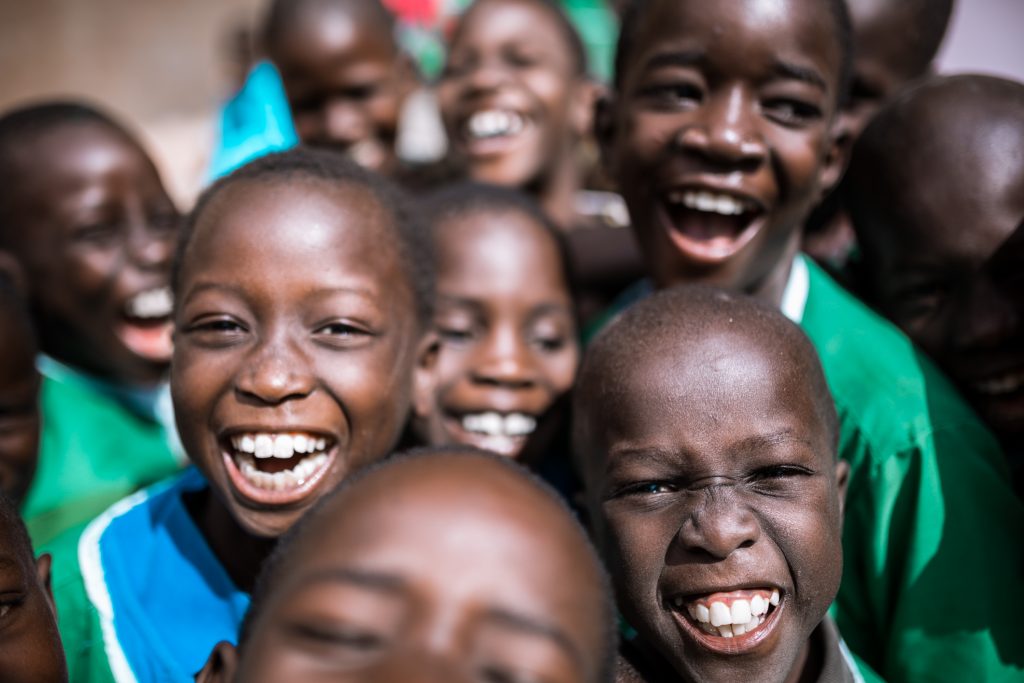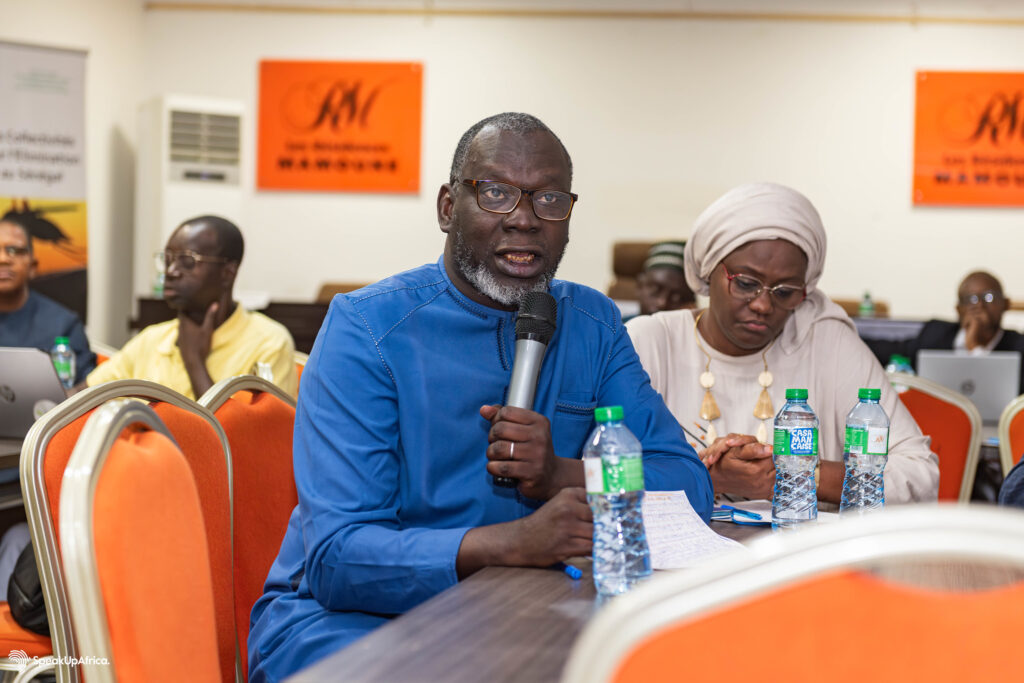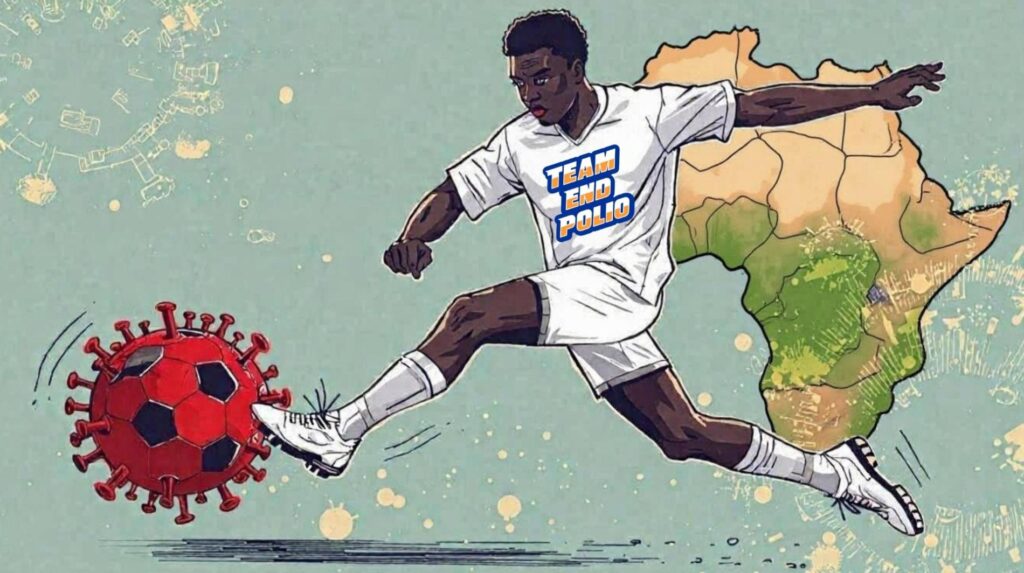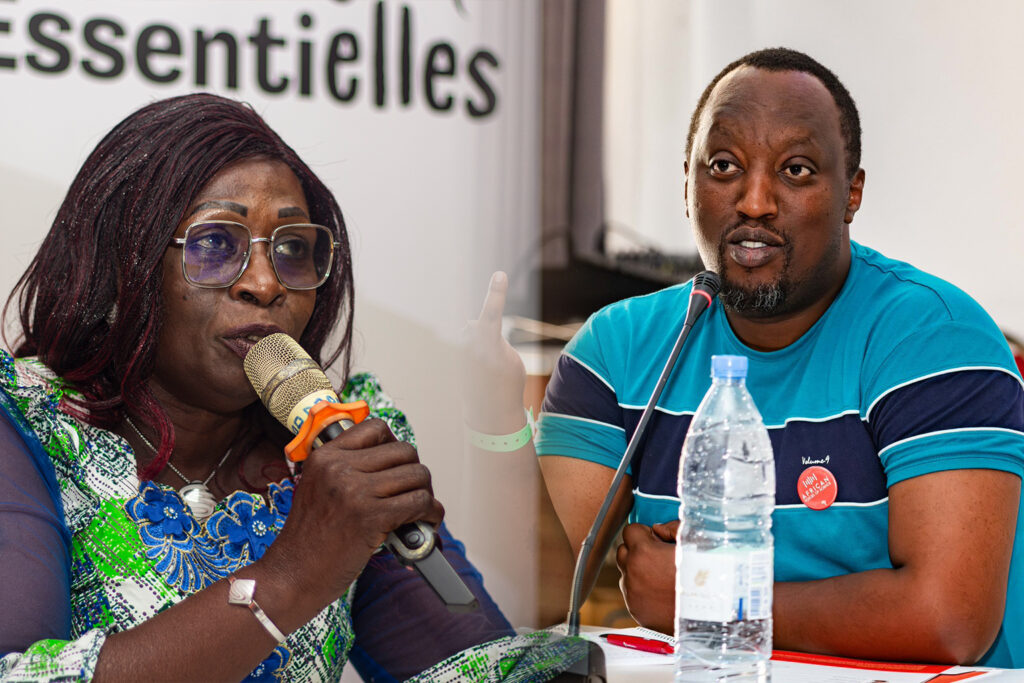Roadmap for Implementing the Addis Declaration on Immunization Launches at the Africa Health Forum

Kigali, Rwanda, 27 June 2017 – Today, a roadmap to guide Member States’ implementation of the Addis Declaration on Immunization (ADI) was officially launched at the first World Health Organization (WHO) Africa Health Forum in Kigali, Rwanda. The roadmap was developed in close collaboration between Member States, the African Union (AU) Commission and the WHO Offices in the African Region (AFRO) and Eastern Mediterranean Region (EMRO), as well as immunization partners.
Titled “Roadmap for Implementing the Addis Declaration on Immunization: Advocacy, Action, and Accountability,” the new document provides Member States with three specific strategies to accelerate progress toward universal access to immunization in Africa. The strategies include: generating and sustaining political commitment and funding; strengthening technical capacity and overcoming barriers to access; and closely monitoring progress.
“Vaccines are one of the most effective public health tools available today. When children are given a healthy start, communities thrive and economies grow,” said Dr Matshidiso Moeti, WHO Regional Director for Africa. “The ADI roadmap will help guide and drive progress toward ensuring universal access to immunization for all children in Africa, no matter who they are or where they live.”
Routine immunization coverage has increased considerably across Africa during the last two decades. The percentage of children in Africa receiving the third dose of the diphtheria-tetanus-pertussis vaccine (DTP3) – a measure commonly used to evaluate the strength of routine immunization programs – has increased from approximately 57% in 2000 to 77% in 2015. Yet one in five children across the continent still lack access to all available vaccines, leaving them vulnerable to vaccine-preventable diseases.
There are several significant barriers to vaccine access, including weak supply chains and insufficient data to identify coverage gaps at the local level. The continent will also soon face a historic financing transition. As Africa nears polio eradication, critical funding for immunization through the polio eradication program is expected to decrease. Additionally, more countries in Africa are approaching middle-income status, which means that they will begin transitioning away from the funding of Gavi, the Vaccine Alliance. The ADI roadmap identifies strategies for confronting these challenges early to ensure immunization efforts are uninterrupted.
“Country ownership is more important than ever before to ensure that we sustain and build on the hard-fought gains we have made,” said Dr Mahmoud M. Fikri, WHO Regional Director for the Eastern Mediterranean. “By making continued political, financial and technical investments now, Africa can achieve a generation free from vaccine-preventable diseases.”
Expanding access to immunization will have tremendous positive effects for families, communities and entire countries. Every US$1 spent on childhood immunization in Africa returns US$41 in economic benefits.
The ADI provides concrete commitments – from increasing domestic vaccine financing to addressing supply chain challenges – through which nations can increase access to immunization and strengthen health systems in line with other existing efforts, particularly the Global Vaccine Action Plan. The ADI was initially drafted and signed by ministers and other high-level representatives at the Ministerial Conference on Immunization in Africa in February 2016. Heads of State from across Africa endorsed the ADI at the 28th AU Summit in January 2017.
“Leaders at all levels of government have identified universal access to immunization as an urgent priority and an achievable goal,” said HE Ms Amira Elfadil Mohamed Elfadil, Commissioner for Social Affairs of the AU Commission. “Building on this consensus, Member States must now take action to implement their commitments – ultimately, catalyzing sustainable development across the continent.”
For more information, please contact:
AU Commission
Wynne Musabayana
Head of Communication Division
musabayanaw@africa-union.org
WHO AFRO
Collins Boakye-Agyemang
Regional Communications Adviser
boakyeagyemangc@who.int
Dr Richard Mihigo
Programme Coordinator, Immunization & Vaccine Development
mihigor@who.int
WHO EMRO
Rana Sidani
Senior Communications Officer
sidanir@who.int
Dr Irtaza Chaudahri
Technical Officer, Vaccin
e Preventable Diseases & Immunization
chaudhrii@who.int
Visit immunizationinafrica.org to learn more about the ADI and africahealthforum.afro.who.int to learn more about the Africa Health Forum. Join the conversation on Twitter using #WHOAHF, #ADIroadmap and #VaccinesWork.


